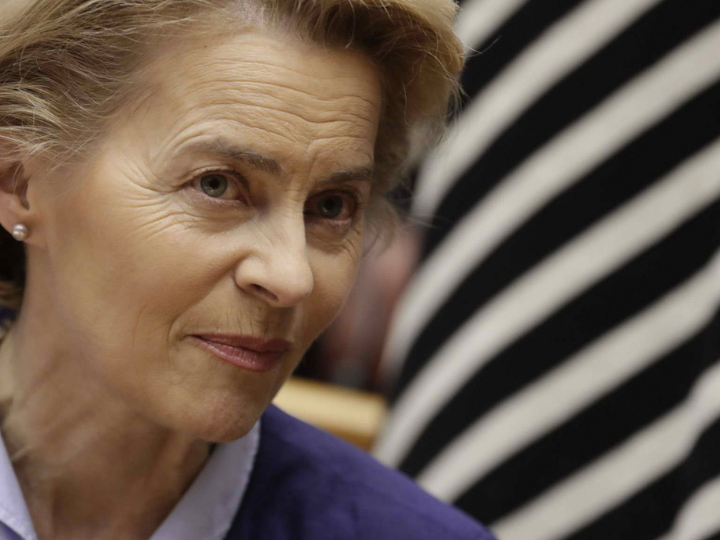By
John E. Charalambakis
The year 1648 symbolizes the beginning of the modern era.
Moreover, the Westphalia Treaty signed in 1648 gave us the international state system and became a cornerstone of "laws" governing warfare that has been shaping world affairs ever since. "War is the father of all things" declared the pre-Socratic philosopher Heraclitus, and war has certainly been the engine of global finance since 1648.
The Thirty-Year religious war that devastated Europe between 1618 and 1648 gave us the first German novel by Grimmelshausen titled "Adventures of Simplicissimus" (a.k.a. the German Don Quixote). In the novel we understand the meaning of deranged chaos magnified by lusting, murderous plots, and satanic satire all if which may remind us of the paintings of Hieronymus Bosch, especially the one titled "Fall of the Damned into Hell".
The hero of the novel, Simplicissimus, judges things by a set of simple rules. He finds himself in a torn world where people feel that they have lost their ability to affect their destiny at a time when world affairs are being shaped by greed, misery, killing, espionage, betrayal, insecurity, and uncertainty.
Simplicissimus becomes the world's fool; however, he learns his lesson that hypocrisy pays off and so in self-disgust he withdrawals and becomes a hermit. Simplicissimus might be the hero of the novel, but his polar opposite, Jupiter, is at its center. Jupiter promises a new world of justice, universal harmony and peace, prosperity and order. It is clear that the choices are reduced to impotent realism (Simplicissimus) and impossible idealism (Jupiter).
Several times, the warfare (real, verbal, subtle) of "Christian" nations is characterized by lawlessness that even barbarian races would think shameful. Moreover, the silence of churches then and now in the midst of social evil, for the sake of keeping donors pleased and the funds flowing, signifies the god they worship.
Cardinal Richelieu, a.k.a. the King's "Chief Minister", dominated French affairs during the Thirty Years War. Richelieu is nothing but an amoral international gamesman of balance-of-power politics. Richelieu considers it a moral imperative to use violence in order to achieve his cause of an unstable equilibrium.
Richelieu's ultimate goal was to undermine the fellow Hapsburg Catholics and he used intrigues, conspiracy, bribes, and even alliances with the Protestant challengers in order to achieve his objectives.
However, Richelieu's statecraft was co-drafted by his shadow adviser Pere Joseph, a monk whose axioms of disregarding conventional morality for the sake of reaching the goal became the epitome of their strategy. The duo's statecraft prolonged the war, ruined to a large extent the Hapsburgs' dominance, and gave us the excuses to continue horrors for the sake of impotent realism or in the name of impossible idealism.
The years of terror that followed the French Revolution had their foundations in the statecraft drafted by Richelieu. Napoleon's wars had the same base, and the Treaty of Vienna (1814) that followed those wars reciprocated the favor of establishing an order in which the dismal choices of impotent realism and impossible idealism reigned supreme again.
As for WWI and WWII, we will let the reader decide if they gave us a better order of international affairs given the fact that the 1919 Paris Treaty became the seed of WWII and following WWII the impossible idealism of the Soviet Union and of communism claimed millions of lives.
The breakdown of the Bretton Woods Agreement in the early 1970s has produced an international order where financial instability, through the mechanism of credit overextensions and fiat money, take us from crisis to crisis (we can count at least 10 since then).
So, we are left wondering: Is there an Albert Wenzel Eusebius von Wallenstein (a.k.a. the prototype of the military-industrial complex) anywhere on the horizon who under the auspices of realism and good intentions will try to blur the ugliness of deeds and the treacherous moral compromises in order to deliver us to the promised land of Hieronymus Bosch?
*Author at BlackSummit Financial Group




 By: N. Peter Kramer
By: N. Peter Kramer
